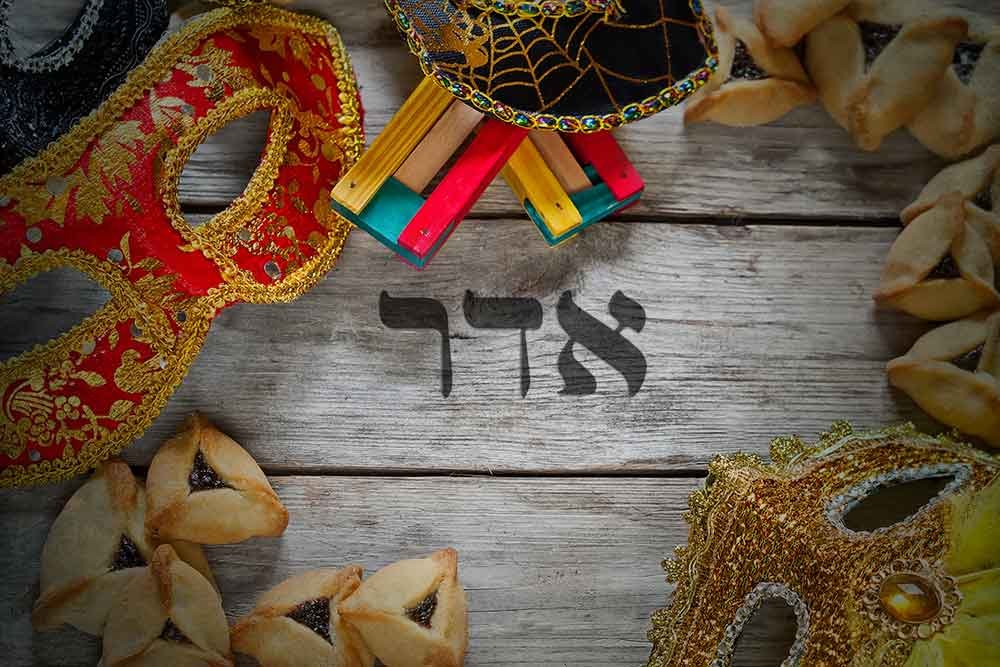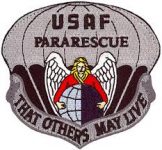VA’EIRA וָֽאֵרָ֗א (And I appeared) EXODUS 6:2-9:35
PROPHETS: EZEKIEL 28:25-29:21 | GOSPEL: LUKE 11:14-22
by Min. Donald H. Garrett
TORAH:
This portion starts off with YaHVaH revealing His true Name and attributes to Mosheh : 2“I am YaHVaH. 3 I appeared to Avraham, Yitzchak, and to Yacov as El-Shaddai. And My Name YaHVaH, I did not reveal My full knowledge to them.” This is very fundamental in understanding YaHVaH wants us to know His Name. The Tanach commentary says, “6:3. God’s Names. The Names used here represent differing ways in which God revealed Himself to the Patriarchs and to Moses.”
The commentaries all talk about the 4 expressions of redemption being I shall take you out, I shall rescue you, I shall redeem you, and I shall take you. This is from verses 6 and 7. Yet what about the rest of verse 7, is that part of redemption also? We think it is. Here’s a video answer to the question, “Is YaHVaH saying He will take you, He shall be your God, and you shall know that He is YaHVaH your God part of full redemption?” https://m.facebook.com/story.php?story_fbid=2271732483152138&id=2193426614316059.
Also in the commentaries: They express that “I shall take you out” refers to the end of slavery, which acccording to them happened 6 months before Yisrael actually left Egypt. They express that “I shall rescue you” refers to the ending of subjugation. They express that “I shall redeem you” alludes to the Red Sea. And lastly, they express that “I shall take you” refers to making Yisrael His people and the giving of the Torah. There is one nagging question here on the first 2, How can you end slavery but still be subjugated? On these 2 issues, we believe they misunderstand. “I shall take you out from under the burdens” refers to removing of penalties. As the plagues worsened, Yisrael’s burdens/penalties would have been lessened; yet, they were still slaves. It is “I shall rescue you from their service” which refers to removal of slavery.
We see verse 6 and 7 as a pretext of what YaHVaH did through Yeshua to redeem us from the enemy and sin. What we mean is that Yeshua removed the burden (penalty) of sin on the stake. He rescued us from the grasp of the enemy. He redeemed us by cleansing our sin and making us right in the sight of YaHVaH. He made us His people.
However, Yisrael would not listen to Mosheh when he brought this message of deliverance to them, just as some people today do not listen to the salvation of the Gospel because of their worldly cares and pressures. Mosheh feels dejected and questions YaHVaH on how he can approach Pharaoh when Yisrael won’t even listen.
Here, the text takes a break to list genealogy, especially of Mosheh and Aharon to show who they were that spoke to Pharaoh. Interestingly, Mosheh and Aharon were the sons of an incestuous relationship. Their father had married his aunt, making her both their great-aunt and mother. Yet, this very type of union would later become forbidden.
Verses 28-30, picks up from verse 13 and basically restates verse 12 and 13. Then in Chapter 7, we see YaHVaH reassuring, strengthening, and emboldening Mosheh by telling Mosheh He has made him Master of Pharaoh. Wow, being told you are above the most powerful man in one of the most powerful nations at that time, what a promise. However, YaHVaH informs Mosheh ahead of time that Pharaoh won’t listen so that YaHVaH can show He is the One and Only TRUE GOD.
Now begins the audiences with Pharaoh. In the first audience, Aharon’s staff is cast down and becomes a snake. Pharaoh’s wizards do the same, yet Aharon’s snake swallows all of theirs. That should have gotten Pharaoh’s attention, yet it did not. On the next audience, Mosheh announces the first plague of the river turned into blood. Pharaoh’s wizards do the same. This seems strange to me that they exacerbate the plague like this, so it must have been seen as a power strugggle of who is greater. Pharaoh wasn’t impressed since his wizards could do the same. Note that Pharaoh does not even seek relief from this plague and river is blood for 7 days.
2nd plague is frogs. Again Pharaoh’s wizards do the same and exacerbate the plague with even more frogs. Here we see Pharaoh asking Mosheh for relief from the frogs with promise of releasing Yisrael, but does not keep that promise.
3rd plague is lice. Pharaoh’s wizards try to do the same, yet fail. They recognize that it is the “finger of God” and counsel Pharaoh and he doesn’t listen to his own wizards. Again, Pharaoh asks for no relief from this plague.
4th plague is a swarm of wild beasts (according to the Tanach). However, when I researched this, I came up with gad-fly. Now, the gad-fly is a real problem in the territory of Egypt and eastern Africa. Wild beasts would have killed people, but there is no mention of deaths because of the swarm. Other translations use locusts. Also, the Scripture specifically says the swarm will be on the ground you walk on. Insects of some sort make more sense in that context and the gad-fly would be an especially bad pest known by the Egyptians. Pharaoh entreats relief this time, but continues to hold Yisrael.
5th plague is disease (epidemic in Tanach) upon Egypt’s animals. No relief is asked for from this plague either.
6th plague is boils upon man and animals. The plague was instant in front of Pharaoh and caused Pharaoh’s wizards to run away. Yet, again no relief is requested from this plague by Pharaoh.
7th plague is hail. Now this one is very interesting because Mosheh not only announces this plague to Pharaoh, but tells the Egyptians to run and hide OR DIE. This is the first plague with death directed at the Egyptians with each man and woman deciding for themselves. Some heed the advice and some do not. Yet, it was not just hail, but rain, fire flaming amongst the hail (sounds like lots of lightning also), and thunder such as had never before been seen in Egypt. This plague actually gets Pharaoh’s attention to the point he admits “I have sinned . . . I and my people are the wicked ones.” He pleads for relief and Mosheh tells Pharaoh he must go outside the city this time to pray. Yet, Pharaoh still doesn’t release Yisrael and continues to sin.
Notice on the first six plagues that Pharaoh doen’t seek relief from most of them as they don’t directly affect him or cause his people death. The 7th though is an awesome plague. It kills man, beast, trees, crops, and grass across ALL Egypt, except where Yisrael resides in Goshen.
PROPHETS:
The first part of the reading is a promise to Israel from YaHVaH. The promise guarantees the people will be gathered from exile in the nations, sanctify them, they will dwell safely, and be able to build houses and vineyards. In other words, they will prosper back in their own land. It also guarantees judgment against those nations that despoiled them in their exile. This has happened several times (WWII is an example in present day); however, this prophecy concerns the time of their exile in the land of the Chaldeans.
In Chapter 29, there is a timeline mentioned, but you have to go back to Chapter 1 to find out when this actually is “I was among the exile … in the land of the Chaldeans, by the River Chebar” (Tanach). So 10 years into this exile on the 12th of Teveth this prophecy came to Ezekiel against Pharaoh and the Egyptians (Mitzrayim). The people and land are going to be devastated and given over to wild beasts. Who is going to take over? Nebuchadnezar and the Babylonians. YaHVaH calls this a reward for the Babylonians and this prophecy did come true. Egypt did fall to the Babylonians. However, Israel would also fall to the Babylonians at a different time.
On the very last verse of this chapter, YaHVaH promises that on the day the Babylonians conquer Egypt, He will make Israel sprout and an opening for them to be heard is granted. The assumption is this opening will be towards speaking to the Chaldeans for permission to return to their own land, but we’re not sure.
GOSPEL:
In the reading of Luke we find Yeshua casting out a demon which had made a man dumb. After the demon was gone, the dumb spoke causing marvel among the people. However, some people accused Him of using the power of Beelzebub to cast out demons; while still others tempted Him by demanding a sign.
It is here we get a common saying in our own time “United we stand, divided we fall.” Yeshua said it this way though, “Every kingdom divided against itself is brought to desolation; and a house divided against a house falleth” (Luke 11:17b, KJV). He then questions his accusers with logic. If His casting out is by Beelzebub, then by whom do their sons cast them out. With this logic, He then puts His accusers under judgment by their sons. Then He reveals to His accusers “But if I with the finger of God cast out devils, no doubt the kingdom of God is come upon you” (Luke 11:20, KJV). He is basically announcing Himself to them that He has come from God.
Using an analogy of an armed man’s home (or armed nation), He proceeds to give the example that to remove a devil requires a stronger power than that of another devil, it needs God’s power to remove the devil. Even though the reading ends at verse 22, this concept continues to verse 26. In verses 23 to 26, Yeshua is cautioning those who have had the devil/demon removed to guard themselves and follow God; lest the devil/demon return and bring six more with it.
(c) Copyright January 2022 Min. Donald H. Garrett and Odon Obadyah Ministries, Inc.
Previous: SHEMOTH
Next: BO







